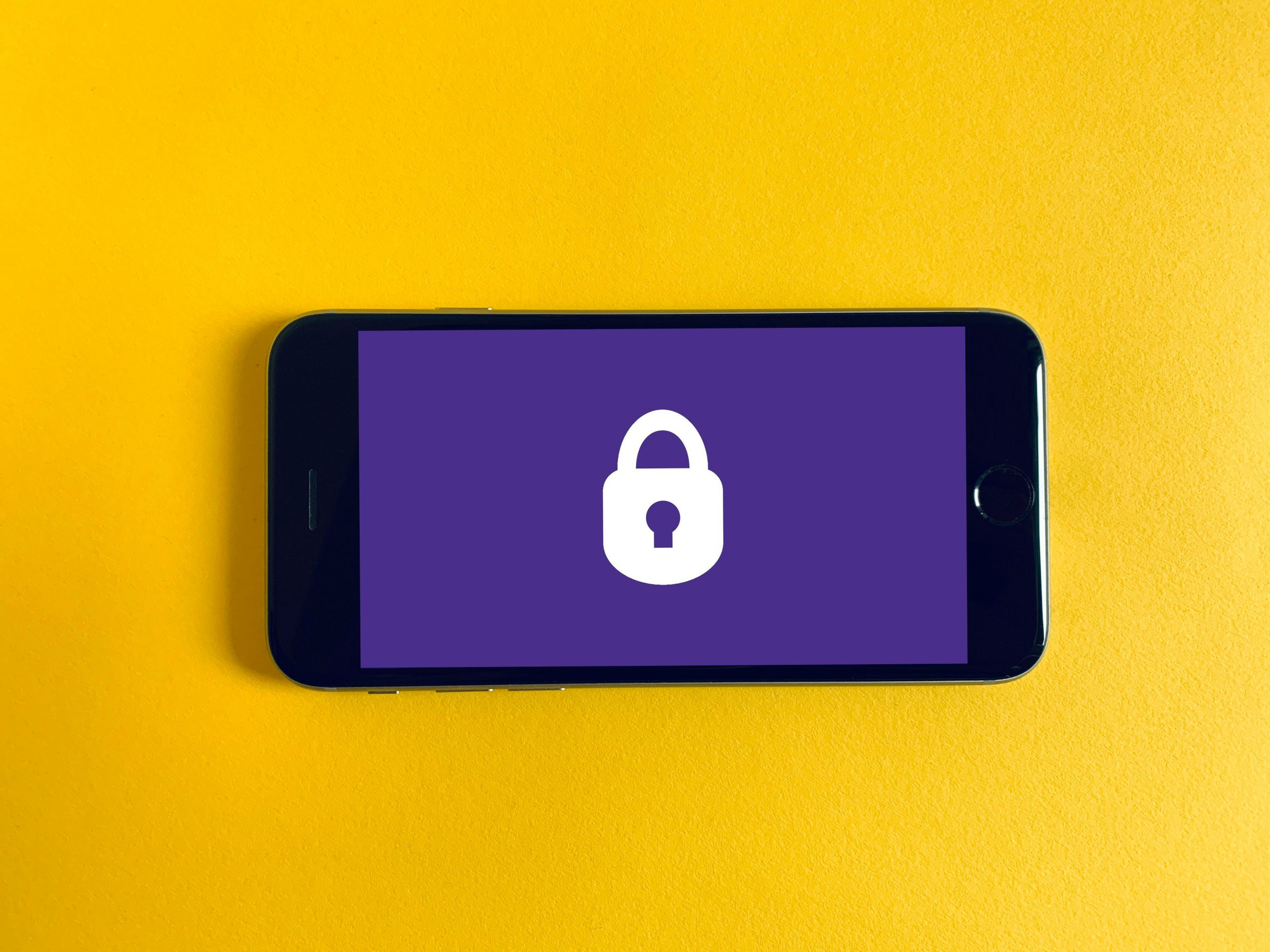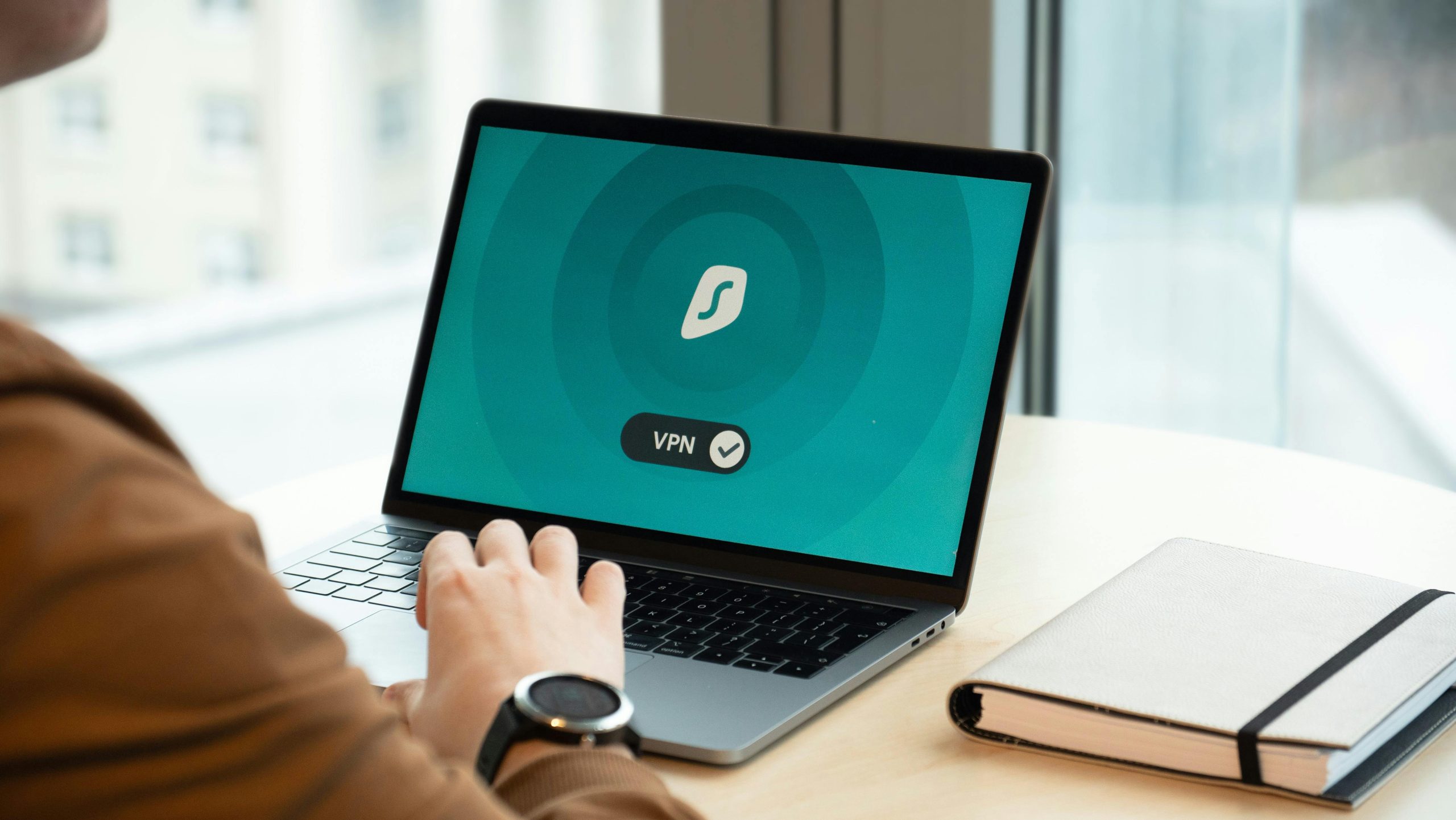Securely browsing the Internet is paramount nowadays, with so much sensitive data being exchanged and so many threats lurking around every corner. Sharing personal information and/or making financial transactions without added security measures and just hoping for the best is a great way to make a target for yourself and your data. One of the easiest ways to protect yourself is to use a VPN.
What is a VPN
VPN, or Virtual Private Network, is software that secures your connection by acting as a mediator between your device and the network you’re connecting to. Without a VPN, you’re connecting directly to the ISP (which is especially dangerous if it’s public Wi-Fi), but with a VPN, you’re connecting to a private server created by the VPN, which then connects to the ISP.

How Does a VPN Work
A VPN adds to your security on the web by masking your IP address. Now, for those wondering, “What is my IP address?” the simplest way to explain is to compare it to your ID. Your IP address is the ID of your device on the web. Imagine the amount of damage someone could do with your ID, especially if you don’t know somebody has it, and you’ll have a good idea of how vital an ID is.
A VPN hides/masks your IP address by providing you with a private server for your connection. Once you’ve connected to the server, you then regularly connect to the ISP. However, your IP address is no longer displayed anywhere; instead, the IP address of the private server is shown. This entire process works wonders for your overall security and is usually done in just a few clicks, with most VPNs nowadays having a browser extension for even easier implementation.
Top Reasons for a VPN
There are numerous benefits to using a VPN for both private and business users. Here, we’ll be focusing on the top reasons for everyday browsing that each of us can instantly relate to:
- Stay anonymous – if nobody can access your IP address, then your browsing fingerprint and traffic become untraceable.
- Encrypted connection – the connection from your device to your ISP is encrypted to some degree by default; however, by going through a VPN, an extra layer is added. Additionally, every attack on your IP address is directed to the VPN server.
- Secure public Wi-Fi access – a VPN protects you when connecting to a public Wi-Fi, which is easily the most common target for hackers.
- Avoid geolocation restrictions – rid yourself of any geolocation restrictions (such as streaming restrictions) by choosing the country of the shown IP address.
Conclusion
Using a VPN is probably the easiest way to upgrade your security measures while browsing. Various antivirus and/or antimalware software take some knowledge to set up correctly and could still be a nuisance when blocking things you don’t want to block. A VPN just needs to be installed and activated. Additionally, VPNs are specifically designed to protect from IP address attacks, which are the most common threats on the web today. Any way you look at it, a VPN should be part of your security package.



